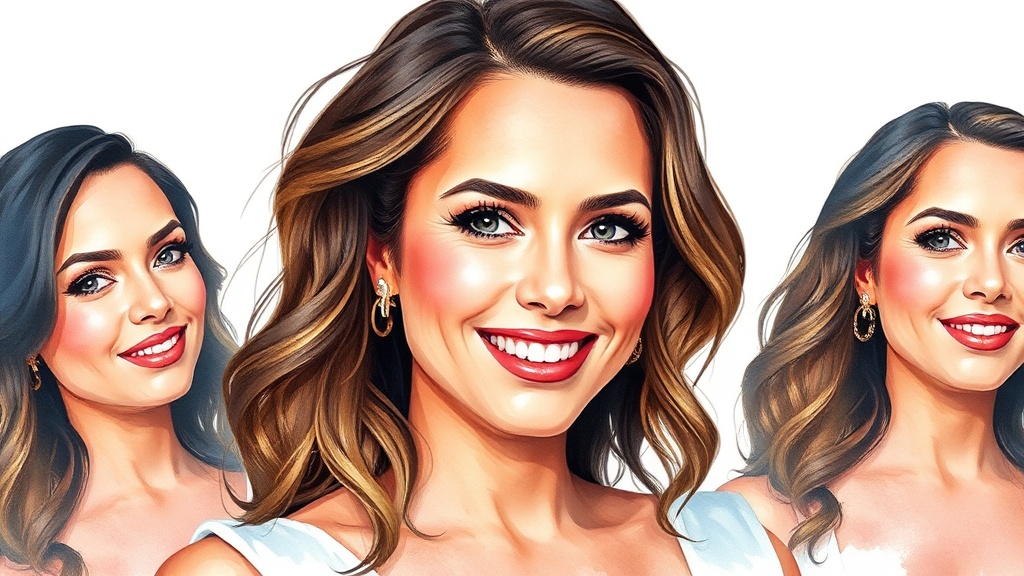Celebrity Brand Strategy: How Stars Turn Fame into Business, Content & Impact
Celebrities are no longer just performers or public figures — they’re multi-channel brands shaping culture, commerce, and conversation.
As audience habits shift and platforms evolve, the role of celebrity has expanded beyond red carpets and talk shows into entrepreneurship, content creation, and social impact. Understanding these dynamics helps fans, marketers, and the celebrities themselves navigate a landscape where authenticity and strategy matter equally.

What’s driving the change
Social platforms have handed celebrities direct access to audiences, letting them bypass traditional gatekeepers. This control enables personal storytelling, product launches, and niche community-building. At the same time, consumer appetite for authenticity has grown: audiences reward genuine voices and penalize perceived opportunism. That demand has pushed many public figures to reveal more of their lives while still managing boundaries around privacy and wellbeing.
Celebrities as entrepreneurs
Launching a brand is now a common career move. Beauty lines, fashion labels, beverage brands, and wellness products backed by recognizable names often perform well because of built-in trust and visibility. Direct-to-consumer models and strategic partnerships with established retailers or creative teams help translate influence into sustainable businesses. Success hinges on quality, authenticity, and clear differentiation — celebrity status alone rarely guarantees long-term customer loyalty.
Content and creator economy
Beyond products, many celebrities produce original content: podcasts, docuseries, YouTube channels, and short-form social content. This content deepens fan relationships and creates new revenue streams from subscriptions, advertising, and licensing. Collaborations with creators and micro-influencers amplify reach and inject fresh perspectives, while analytics-driven strategies guide what content resonates.
Activism and reputation
Fans increasingly expect celebrities to use their platforms responsibly. Advocacy can raise awareness and funds, but it also invites scrutiny. Effective social impact requires long-term commitment, credible partnerships with nonprofits or experts, and transparent communication. Reputation management and legal counsel are essential when taking public stances, because missteps can rapidly escalate on social platforms.
Privacy and mental health
High visibility comes with mental health challenges. Public figures must balance openness with self-care strategies that protect mental wellbeing.
Boundaries can include limiting real-time access, using controlled content releases, and relying on trusted teams for media relations. Many celebrities now actively discuss mental health to destigmatize care, creating positive ripple effects across audiences.
Working with celebrities: practical advice for brands
– Align values: Choose talent whose personal brand and audience match campaign goals.
Authentic fit outperforms mismatch every time.
– Structure partnerships for longevity: Consider longer-term collaborations rather than one-off posts to build credibility and deeper engagement.
– Measure beyond impressions: Track conversion, sentiment, and community growth — qualitative metrics matter as much as reach.
– Give creative freedom: Allow space for the celebrity’s voice; audiences can spot scripted endorsements.
– Prepare for crises: Have a contingency plan for backlash, including clear roles for PR, legal, and social teams.
Fan communities and new dynamics
Fans are increasingly active participants, shaping trends through user-generated content, memes, and niche communities.
Celebrities who engage respectfully with these groups can benefit from organic advocacy.
At the same time, managing harmful behaviors and protecting privacy remains a priority for both talent and platforms.
Celebrities will continue to evolve as storytellers, entrepreneurs, and cultural curators. Success requires authenticity, strategic partnerships, and attention to audience needs — balanced against personal wellbeing and risk management. For brands and creators alike, the smartest approach is to treat celebrity collaborations as long-term relationships that prioritize value, trust, and creative alignment.